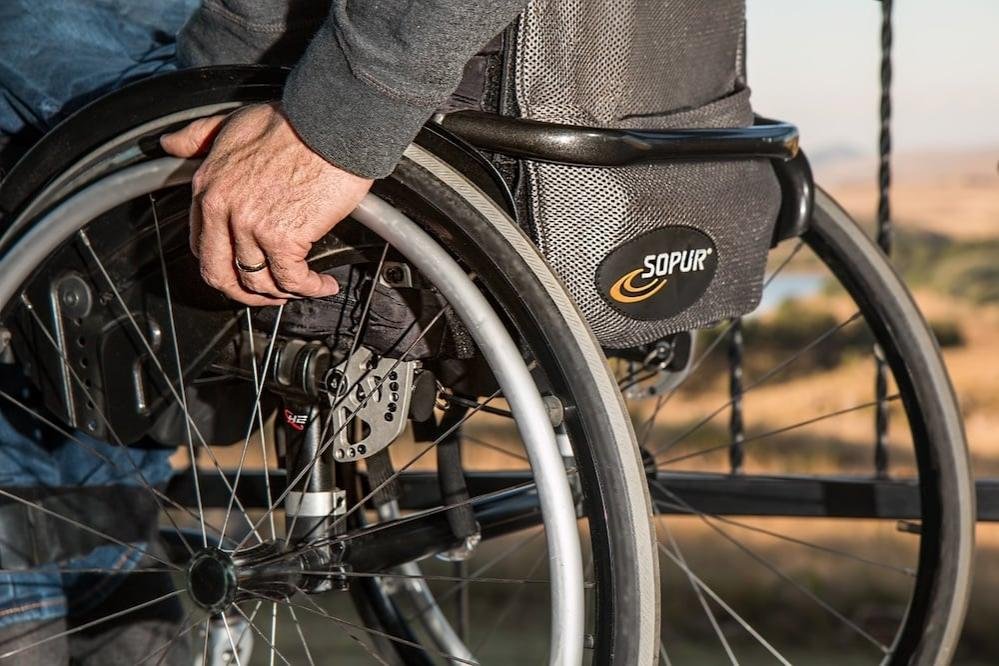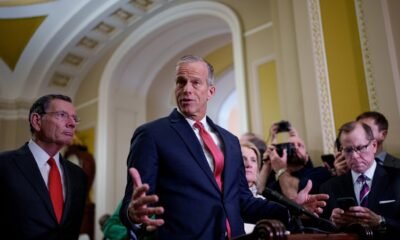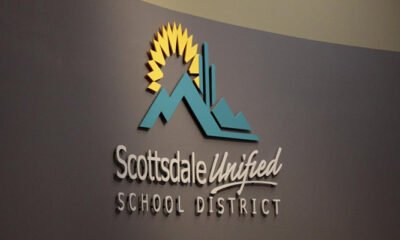Business
DEI Rollbacks Threaten Progress Made for Disabled Individuals

In recent months, press briefings from the White House have seen a significant reduction in accessibility options for the deaf community. Previously, sign language interpreters were a regular feature, but their absence has raised concerns among advocacy groups. The American Sign Language interpretations that once accompanied videos on the White House’s YouTube channel are no longer available, and the accessibility webpage has ceased functioning.
Advocacy organizations are sounding alarm bells over policy shifts under the Trump administration that they argue threaten hard-won progress for individuals with disabilities. Initiatives that once supported diversity and inclusion for people with impairments are being dismantled, and essential services face potential cuts. Critics contend that years of advancement could be reversed due to freezes on federal funding and research, coupled with a growing climate of fear among groups reliant on governmental support.
Michael Rembis, director of the Center for Disability Studies at SUNY Buffalo, expressed deep concerns regarding the administration’s stance. He described the situation as a direct assault on the visibility and rights of disabled individuals, linking it to a broader narrative of exclusion. “The denial of disabled people’s humanity and their voice… is part of a larger fear and loathing of people who are unlike themselves,” Rembis noted.
The White House has claimed a commitment to recognizing government employees with disabilities, focusing on their merit. However, tangible examples of support appear murky. During Trump’s first term, investments were made into community services for individuals with disabilities, including significant allocations aimed at facilitating independent living. An executive order to alleviate federal student loan debt for veterans with permanent disabilities was also introduced. Yet, the narrative has shifted as the administration restructures critical agencies, potentially hindering these support systems.
The announcement from the Department of Health and Human Services (HHS) regarding a major workforce downsizing, which includes the dismantling of the Administration for Community Living, has stunned many in the disability community. This agency has been pivotal in advocating for seniors and individuals with disabilities, ensuring their needs are addressed as they navigate home and community life.
Sarita A. Mohanty, head of the Scan Foundation, criticized this move, stressing the importance of a cohesive federal approach to senior care. “HHS’s Administration for Community Living is the only dedicated government agency that helps older adults age in their home and in their community,” she stated.
From the onset, the administration’s push for an executive order eliminating diversity, equity, and inclusion (DEI) efforts has sent shockwaves through the disability rights movement. Federal pages offering crucial information on health issues like HIV have disappeared and funding for related initiatives has diminished sharply. The impact is widespread, as programs that offered significant insights into transportation, disability, and economic barriers are now at risk.
Further complications arose with proposed cuts by the National Institutes of Health affecting crucial research for individuals with disabilities. A judge has temporarily blocked some of these cuts, but uncertainty looms regarding the future of vital studies aimed at treating congenital disorders.
As advocates rally against these policy changes, sentiments of isolation permeate through the community. Issues amplified by the administration’s actions have left many feeling marginalized. Donna Sue Johnson, a social worker and veteran, articulated her concerns, noting that the cuts to services affect her rights as a disabled veteran and a member of the LGBTQ+ community.
The overall message from the administration, as seen by disability rights advocates, reflects a troubling perspective on public health and the needs of vulnerable populations. Historical derogatory comments made by Trump about disabled individuals have contributed to a perception of indifference towards their plight.
The impact of the current policy landscape is also evident in the grim statistics emerging from the Equal Employment Opportunity Commission, which has faced setbacks after losing key commissioners. As disability claims increase, the commission’s ability to address these issues is hindered by a lack of operational capacity.
Amid these challenges, advocacy groups are calling for the reinstatement of crucial services and support systems. The National Association for the Deaf, among others, has emphasized the need for White House press briefings to regain interpreters, reflecting widespread disappointment over the current trajectory of accessibility within federal operations.


















